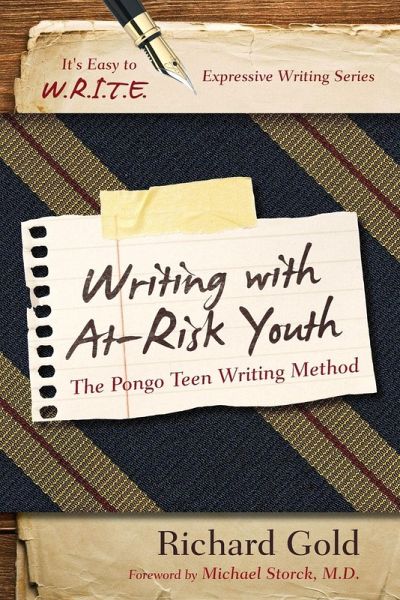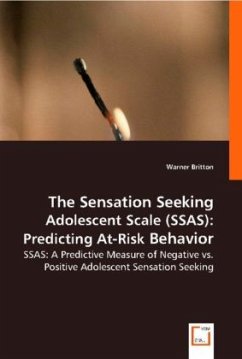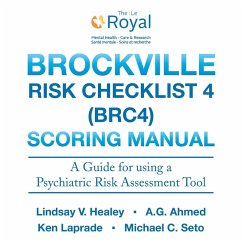
Writing with At-Risk Youth
The Pongo Teen Writing Method
Versandkostenfrei!
Versandfertig in 1-2 Wochen
53,99 €
inkl. MwSt.
Weitere Ausgaben:

PAYBACK Punkte
27 °P sammeln!
This book describes a specific program for teaching and mentoring expressive writing by at-risk youth—a program that can generate transformative change in the teens, and generate significant new satisfactions for you. When young people write personally and creatively, it helps them to overcome challenges in their lives. They feel better, think more clearly, are more self-confident, and are better able to relate to others, including their helpers. This personal creative process is enriching and enlivening for everyone. It brings emotional clarity and meaning to everyone. It brings closeness, ...
This book describes a specific program for teaching and mentoring expressive writing by at-risk youth—a program that can generate transformative change in the teens, and generate significant new satisfactions for you. When young people write personally and creatively, it helps them to overcome challenges in their lives. They feel better, think more clearly, are more self-confident, and are better able to relate to others, including their helpers. This personal creative process is enriching and enlivening for everyone. It brings emotional clarity and meaning to everyone. It brings closeness, in addition to learning and growth.Welcome to the Pongo Teen Writing Method.














